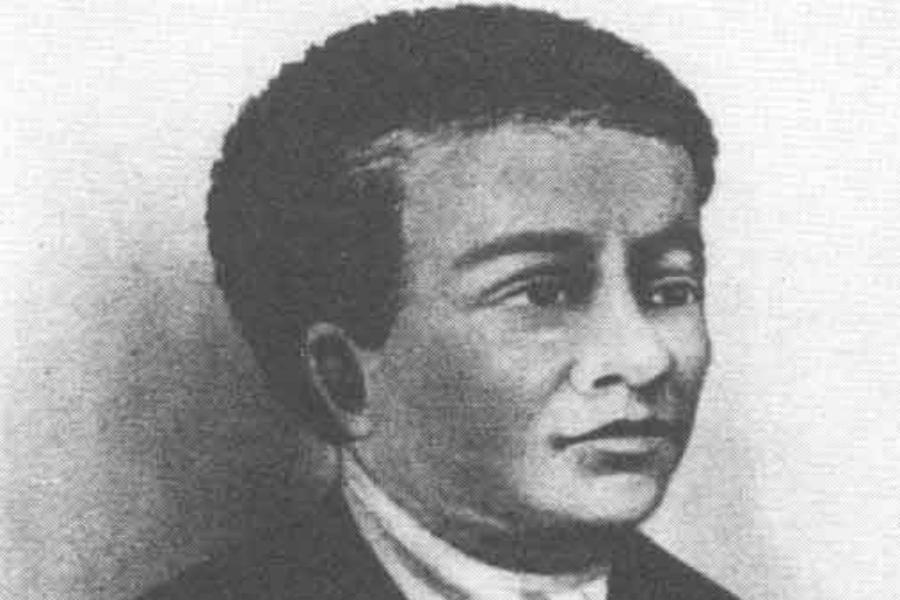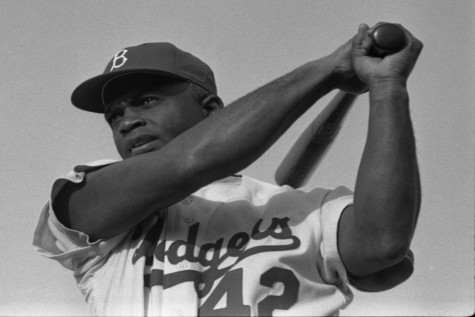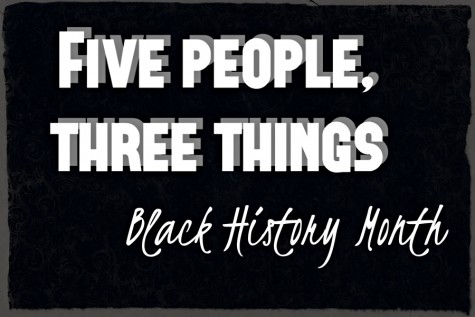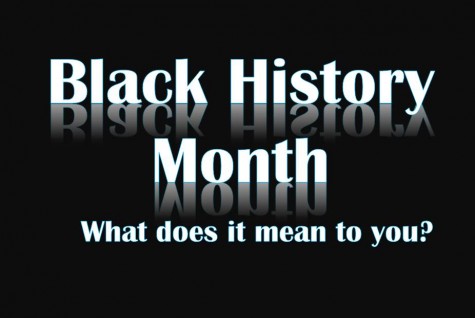Benjamin Banneker paves the way for future generations to be courageous
February 19, 2016
Black History Month is not only a time for reminiscing on the civil rights movement of the mid-1900s or slaves that escaped to freedom, but a time to celebrate all black people who have accomplished something great during their lifetime.
One impressive individual to remember is Benjamin Banneker, who was an author/publisher, clockmaker, abolitionist, and an astronomer.
Throughout Banneker’s life, he accomplished many feats from astronomical advances to corresponding with Thomas Jefferson on topics of slavery and racial equality.
Born on Nov. 9, 1731, in Ellicott’s Mills, Md., Banneker was raised by his mother Mary and father Robert, who were both former slaves.
Banneker’s parents owned a farm, where he spent the greater portion of his childhood.
Banneker grew up with little formal education and was self-taught in most of his studies.
However, his lack of formal education did not terminate his intelligence. At a young age, Banneker showed signs of brilliance.
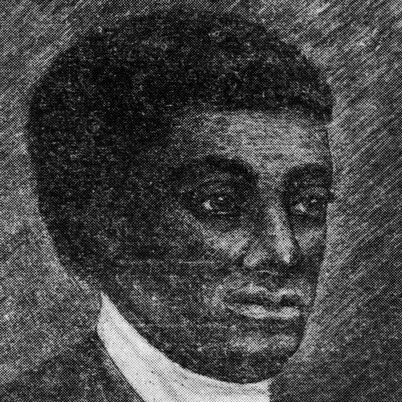
A portrait of Benjamin Banneker.
When he was only a teenager, Banneker was able to construct an irrigation system for his parents’ farm.
He also constructed a clock that was used to keep accurate time, which ran for more than 50 years.
In addition to his grand accomplishments at a young age, Banneker taught himself astronomy and accurately forecasted lunar and solar eclipses.
With his triumph in the predictions of solar and lunar eclipses, he published successful almanacs for six consecutive years.
Banneker’s almanacs allowed him to be recognized and get hired by Andrew Ellicott, surveyor of U.S. land and territories, to watch and catalog moving stars.
Later that same year, Banneker was hired by Ellicott again to assist him in surveying the land for the nation’s capital.
Banneker’s achievements also extended into other realms, like civil rights.
In 1791, he wrote a letter to the respected Virginian Thomas Jefferson.
In his letter, he mentioned that he was a free black man who was taking a risk by writing Jefferson, which was considered unacceptable during that time period.
Banneker wanted Jefferson to embrace the opportunity to eliminate the ridiculous and false ideas and opinions of slavery and blacks in general.
Also in the letter, Banneker respectfully told Jefferson and his fellow patriots about the hypocrisy of enslaving people — like Banneker’s parents — while fighting the British for their own independence.
Freshman Ashley Robinson believes that Banneker took a risk when writing the letter to Jefferson.
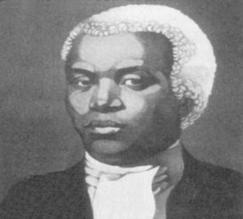
A portrait of Benjamin Banneker.
“In my opinion, it was bold of him to do so,” Robinson said. “That letter could have gotten him in a lot of trouble, but all that mattered to Banneker was sticking up for the daily injustices that the people of his race had to face.”
In response to the letter, Jefferson told Banneker that he sent the almanac to Monsieur de Condorcet, secretary of the French Academy of Sciences, because Jefferson considered it a document that deserved to be recognized by the people of Banneker’s race.
When Banneker received Jefferson’s response, he published the letter in his 1793 almanac.
Also in the almanac, Banneker put in poetry from well-known, anti-slavery poets along with anti-slavery speeches and essays.
Overall, his knowledge of time helped many future generations, paving the way for others to keep an accurate track of time on a clock.
His feats in astronomy proved that blacks were capable of anything. Banneker was the first to see certain astronomical patterns, which allowed future astronomers to build off of his work.
Although none of his actions toward the abolishment of slavery and ensurance of equality amounted to any success during his time period, Banneker’s actions lead to greater reactions.
His bravery to speak out led future generations to do the same, teaching blacks that it is OK to be bold; that taking risks for the common good of others is well worth the possible consequences.
His courage should be celebrated and never forgotten.
This information may be found on biography.com.
